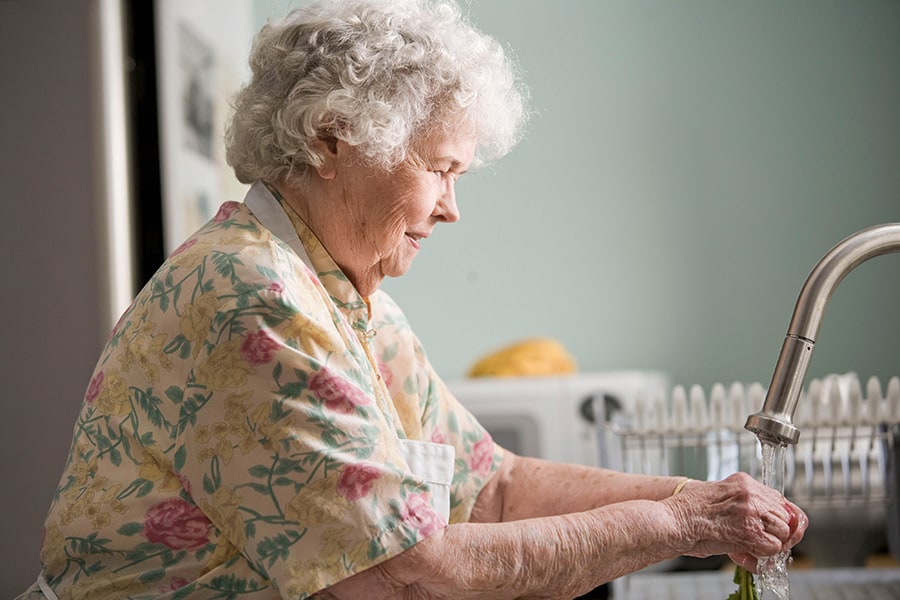Fund launches to support councils and ICBs roll out remote monitoring tech in home care settings

To help combat the issue of upcoming winter pressures on the health and social care sector, Lilli, a company using AI to transform the care system, has launched its Winter Care Fund.
This new fund will allow access of up to £1,000,000 of matched funding in order to procure and roll out remote monitoring technology to address some of the main challenges within the care system ahead of the traditional busy winter period.
Lilli’s Winter Care Fund will match fund organisations that wish to improve conditions within the care system using a proactive, sensor-based solution.
By adopting remote monitoring technology, local authorities and adult social service teams can be on the front foot and spot behavioural signs of health decline – as well as conditions like low temperatures – which suggest people may be struggling without carers being present. This allows care givers to intervene early before an individual’s health starts to decline and focus precious resources where they are most needed.
Nick Weston, Chief Commercial Officer at Lilli, said: “By taking this proactive step, local authorities, ICBs and caregivers can prioritise support for those who need it most.
“We’re launching our Winter Care Fund so we can ease the pressure on an already strained health and care system while reducing the risk to life for people across the care system.
“Put simply, the ability to deliver care to those who urgently need it this winter will be impacted unless urgent interventions are made now.”
The Winter Care Fund matched funding offers between 12 month- and five-year contract terms for local authorities and integrated care boards (ICBs), to commence before January 2024. To apply and for more information, organisations should email wcf@intelligentlilli.com for an application pack.
Additionally, the Winter Care Fund is designed to help social care organisations spot when people are at risk so they can intervene earlier and keep them save from temperature-related illnesses. Low body temperatures can cause many health problems, such as a heart attack, kidney problems, liver damage, or worse, according to the National Institute on Aging.
“By adopting remote monitoring technology, local authorities and adult social service teams can be on the front foot and spot patterns of behaviour – or conditions like low temperatures – and quicky take action,” continued Nick. “This helps to keep people in their own homes, preventing even greater pressure on over-stretched services this winter through emergency hospital admissions.”
Around the country, evidence is building to show the impact that Lilli is having across the UK. The remote monitoring technology has been rolled out through several successful pilot schemes via local authorities, allowing care givers to monitor key indicators of health and wellbeing including eating and drinking, bathroom activity, movement, and temperature.
In six months of adopting Lilli technology, North Tyneside Council acquired more than 7,000 additional carer hours and saved £132,757 by monitoring 40 people who were accessing services. Nottingham City Council was able to accelerate hospital discharge by as much as 16 days due to having the technology in place, Lilli highlights.

